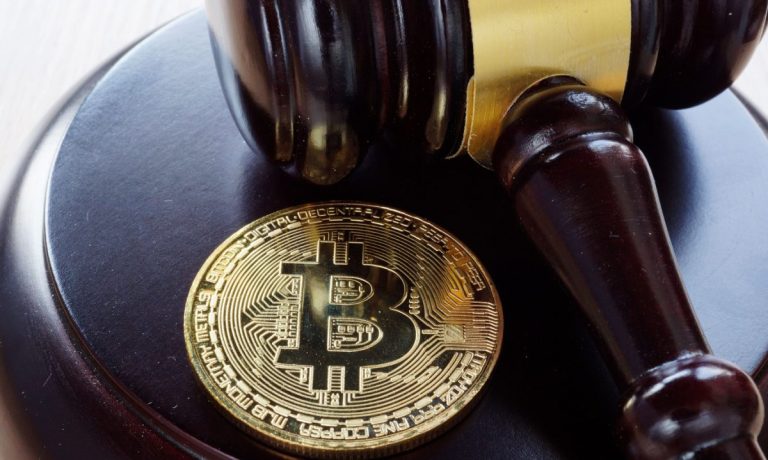Chinese Officials Call for Stronger Global Regulation of Crypto

Two Chinese officials have called for stronger regulation of cryptocurrency around the world.
Xuan Changneng, a deputy governor at the People’s Bank of China, said Friday (March 31) that while regulators should allow room for innovation, they should also respect the existing rules and test the new technologies, Bloomberg reported Friday.
Speaking at the Boao Forum, Changneng pointed to examples of risks and fraud associated with crypto, including the failures of two U.S. banks that had provided financial services for crypto-related firms, according to the report.
“The regulation philosophy, technology and capability must be upgraded to ensure financial innovation won’t come at the cost of financial stability,” Changneng said, per the report.
During the same event, Liao Min, a vice finance minister of China, said that China needs to get “deeply” involved in international cooperation and coordination of standards, according to the report.
As PYMNTS reported March 3, the premise and promise of the crypto sector have been battered by bad actors and back-door platforms, leaving its future more uncertain than ever.
In addition, U.S. regulators, including the Federal Reserve, have told financial institutions to be wary of “potential heightened liquidity risks” presented by certain sources of funding from crypto-related entities, while the Securities and Exchange Commission (SEC) is keeping up its full-court press on the digital asset industry by telling investment advisers to be wary of cryptocurrency trading and lending platforms, emphasizing that they cannot be relied upon as qualified custodians.
A week later, noting a series of recent lawsuits targeting crypto players, PYMNTS reported that observers critical of crypto are wary of granting the industry the validatory halo that proper regulation might bestow.
Instead, they prefer to bring legal actions against it and let the sector dissolve in far-flung jurisdictions, the thought being the regulating crypto might encourage deeper and more difficult to disentangle relationships between the digital asset ecosystem and the traditional financial sectors — thereby generating greater systemic risks.
On March 23, the SEC issued an alert emphasizing to investors that cryptocurrency offerings across the U.S. market may be illegal because they are not registered with the regulator.
As PYMNTS reported the following day, crypto’s path to regulatory acceptance is getting longer.